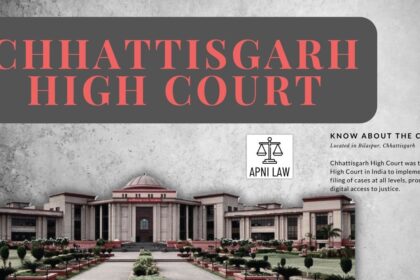Code:
(1) Any offence of being a thug, or murder committed by a thug, of dacoity, of dacoity with murder, of belonging to a gang of dacoits, or of escaping from custody, may be inquired into or tried by a Court within whose local jurisdiction the offence was committed or the accused person is found.
(2) Any offence of kidnapping or abduction of a person may be inquired into or tried by a Court within whose local jurisdiction the person was kidnapped or abducted or was conveyed or concealed or detained.
(3) Any offence of theft, extortion or robbery may be inquired into or tried by a Court within whose local jurisdiction the offence was committed or the stolen property which is the subject of the offence was possessed by any person committing it or by any person who received or retained such property knowing or having reason to believe it to be stolen property.
(4) Any offence of criminal misappropriation or of criminal breach of trust may be inquired into or tried by a Court within whose local jurisdiction the offence was committed or any part of the property which is the subject of the offence was received or retained, or was required to be returned or accounted for, by the accused person.
(5) Any offence which includes the possession of stolen property may be inquired into or tried by a Court within whose local jurisdiction the offence was committed or the stolen property was possessed by any person who received or retained it knowing or having reason to believe it to be stolen property.
Explanation:
This section provides a clear guideline for determining the place of trial. It highlights the importance of proximity to the crime scene or the accused’s location. The underlying principle is to minimize inconvenience for witnesses, victims, and the accused, while also facilitating the gathering of evidence and ensuring a fair trial.
Illustration:
Let’s consider a case of theft: If a person steals a mobile phone in Delhi and is later apprehended in Mumbai, the trial can be held in either Delhi or Mumbai based on the discretion of the court. This section provides flexibility in determining the venue of the trial to ensure that justice is served efficiently and fairly.
Common Questions and Answers:
Q: What are the specific offences covered under Section 181?
A: This section covers specific offences like robbery, dacoity, cheating, misappropriation, and criminal breach of trust. These offences often involve property or financial transactions, and therefore the place of trial is crucial to ensure the proper investigation and collection of evidence.
Q: Can the court change the venue of the trial from the place specified in Section 181?
A: Yes, the court can change the venue of the trial if it deems it necessary for a fair trial. For example, if there is a risk of intimidation or bias in the place specified in Section 181, the court may transfer the trial to another location.
Q: What happens if the offender is apprehended outside India?
A: If the offender is apprehended outside India, the trial will be held in India, but the court may consider the location of the offence and the feasibility of bringing the offender to India.








